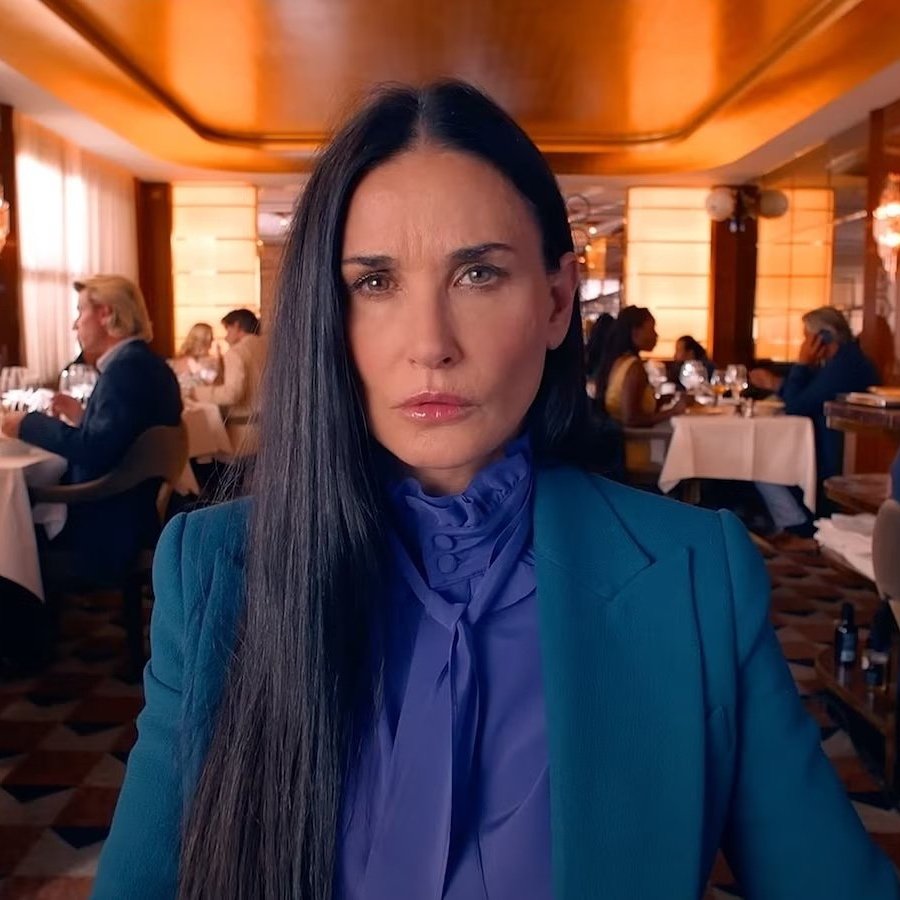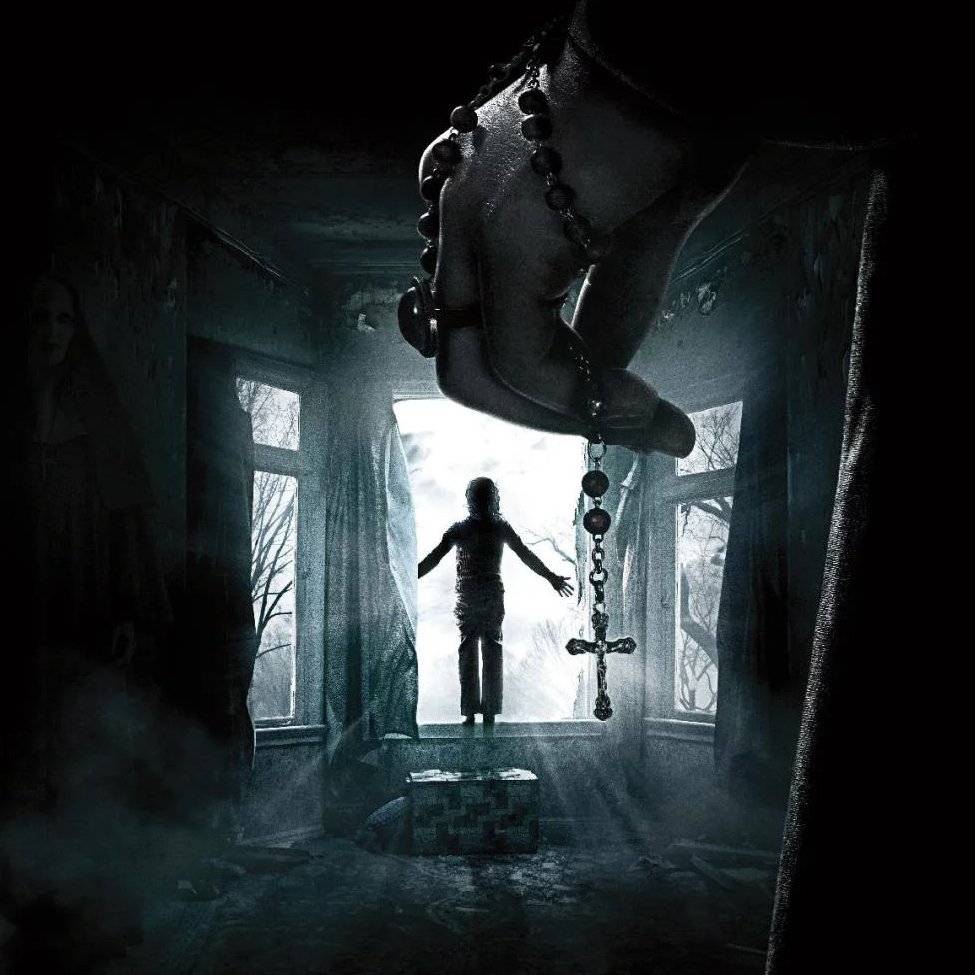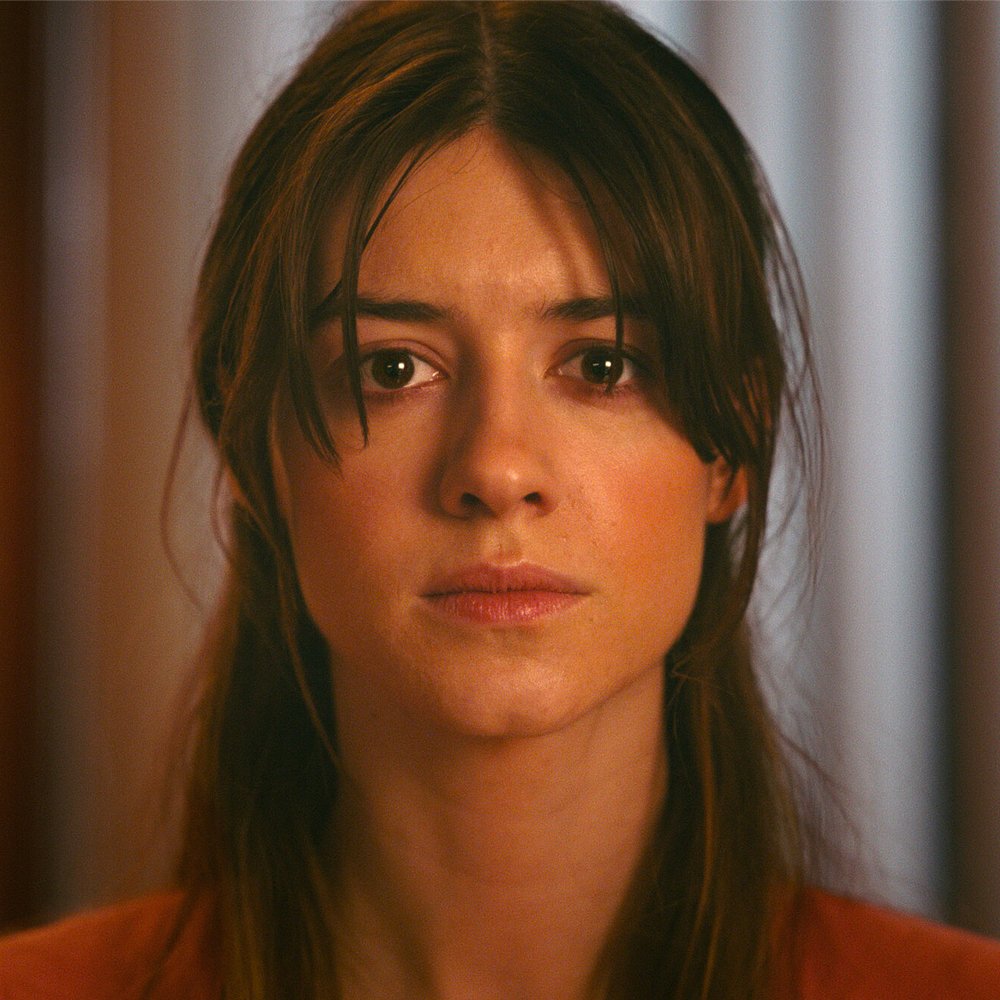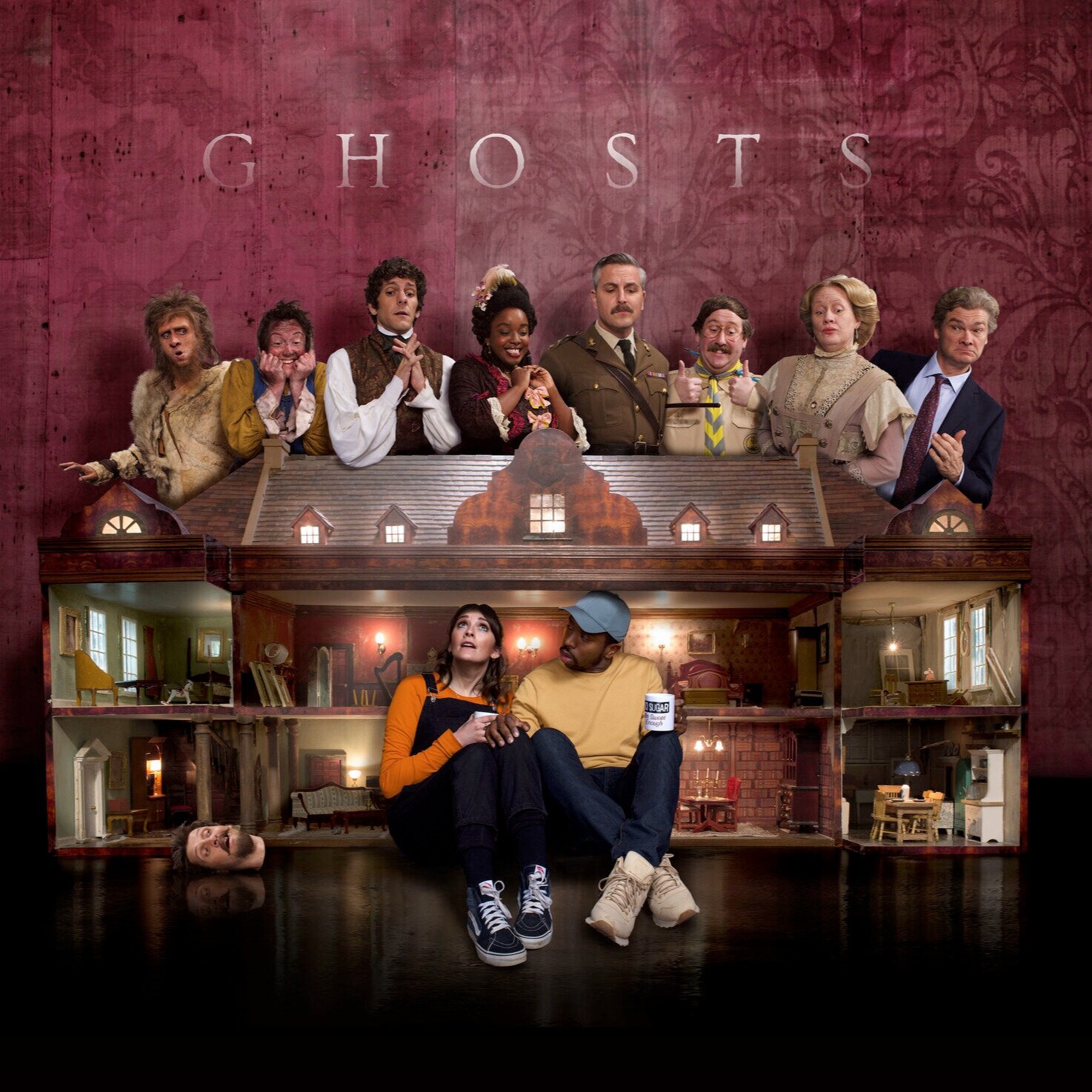Weekly Horror: El Orfanato

“Un, dos, tres, toca la pared.”
One, two, three, knock on the door!
El Orfanato is a gothic masterpiece, an expertly crafted Spanish fantasy, and a surreal haunted house film. Director Juan Antonio Bayou forgoes blood and camera jerks to derive scares. Instead, he focuses on the very human emotions of longing, loneliness, and despair to create a brooding and ultimately unforgettable sense of doom.
This story revolves around Laura, who aims to transform the eponymous orphanage she grew up in into a home for disabled children. Upon returning to the orphanage, Laura’s son Simon befriends Tomas, an enigmatic and largely invisible child who Simon draws regularly wearing a sack mask. At the opening party of the orphanage, Simon and Laura get into an argument, and Simon hides. As Laura looks for Simon, she is pushed into a bathroom by a child wearing a sack mask, eerily similar to that of Tomas. Upon escaping, Laura finds no trace of Simon. Poof. He’s simply gone.
El Orfanato, like horror classics The Ring and The Omen, revolves around children who are not what they seem. At one end, children represent innocence and hope. At the same time, there is something chillingly devious about children - perhaps how easily they are molded and influenced. At the heart of El Orfanato lies the bond between Simon and Tomas, which is formed and strengthened by Bayou’s use of a classic horror trope, the haunted house. The orphanage serves as the foundation of the mystery. Many modern horror movies are set in desolate cabins or abandoned suburban houses that are only later occupied by people who know no better about the history of the establishment. However, El Orfanato distinguishes itself from the status quo by establishing a tender bond between the inhabitants, Laura and her family, and the haunted Orphanage. This intimacy makes it all the more significant that, despite growing up in the orphanage, Laura is not privy to its dark history. To think that she came back to simply by chance would be a folly - in a gothic fairytale of this sort, such a decision manifests as inevitable under forces unseen.
Beyond mere plot details, upon watching El Orfanato I had an uneasy feeling for the entirety of its duration. At the bottom of my heart, I knew that this fantasy would descend into heartbreak and madness. For me, the greatest mystery is the search of this tragedy, which only reveals itself at the very end; Bayou had ample opportunities to shock and surprise the viewer, but saves his shining grace for a devastating ending that few could have seen coming. Few films have managed to haunt me and linger on my mind long after the credits have rolled; El Orfanato is one such film.
“Un, dos, tres, toca la pared.”



























